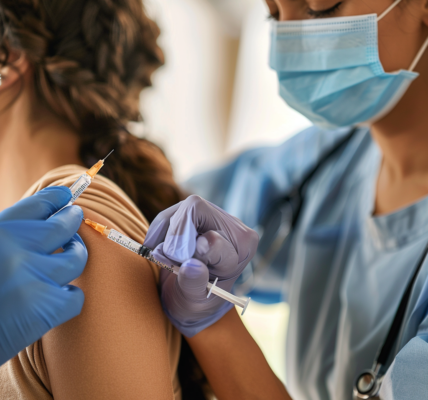Global health advocates are intensifying their calls for reduced pricing on mpox testing to facilitate better access in low-income countries grappling with the virus. Specifically, they are urging Cepheid, a prominent manufacturer of diagnostic tests, to slash the cost of its mpox test from $20 to a more affordable $5. This price reduction is deemed crucial for nations severely impacted by the virus, including the Democratic Republic of Congo, where healthcare resources are often stretched thin.
In related developments, the Centers for Disease Control and Prevention (CDC) has confirmed California’s first case of clade I mpox. This case is associated with recent travel to Eastern Africa, highlighting the ongoing global nature of infectious disease spread. The individual affected by this case received appropriate medical treatment and has since been discharged from a local healthcare facility.
Meanwhile, the CDC has also reported Oregon’s first human case of bird flu, which is linked to an outbreak at a poultry operation that has affected approximately 150,000 birds in the state. This incident underscores the potential risks associated with zoonotic diseases, which can transfer from animals to humans, and raises concerns about food safety and public health.
As the world continues to navigate these health challenges, the demand for more accessible testing and treatment options remains a pressing issue. The disparity in healthcare access between wealthier nations and those with limited resources is stark, and advocates are emphasizing the need for equitable solutions to combat infectious diseases.
In the backdrop of these health crises, Eyenovia, a biopharmaceutical company, has announced a reduction in its workforce, a decision that may reflect broader trends in the industry as companies adapt to changing market conditions.
Additionally, the political landscape is witnessing shifts with figures like Robert F. Kennedy Jr. advocating for significant reforms within the FDA, a move that has sparked discussions around the influence of pharmaceutical companies in regulatory processes. The intersection of health policy and corporate interests continues to be a focal point in the ongoing dialogue about public health.
As these developments unfold, the global community remains vigilant, focusing on the need for improved health infrastructure, better disease surveillance, and enhanced public health strategies to mitigate the impact of emerging health threats.
Overall, the current health landscape is a complex interplay of advocacy, policy, and real-world implications, with the urgency for action resonating across various sectors. The ongoing situation with mpox and bird flu serves as a reminder of the interconnectedness of global health and the necessity for collaborative efforts to address these challenges effectively.





